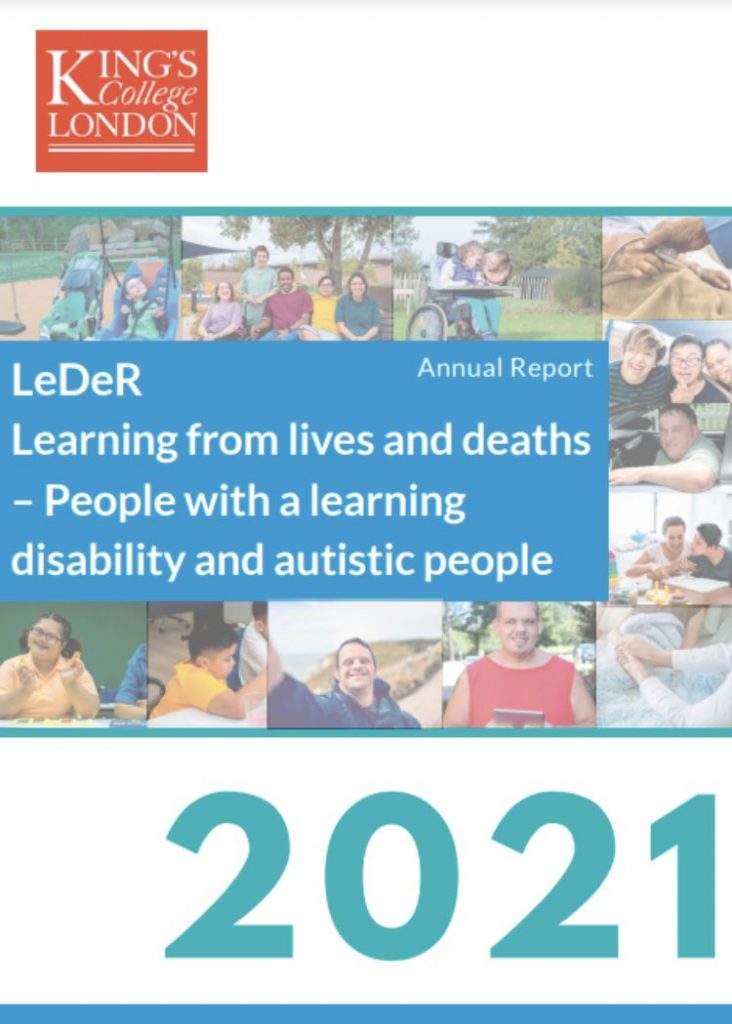
Last week Kings College London and the NHS published the LeDeR report for 2021-22.

The annual LeDeR report gives the statistics and findings from NHS reviews following the deaths of people with a learning disability.
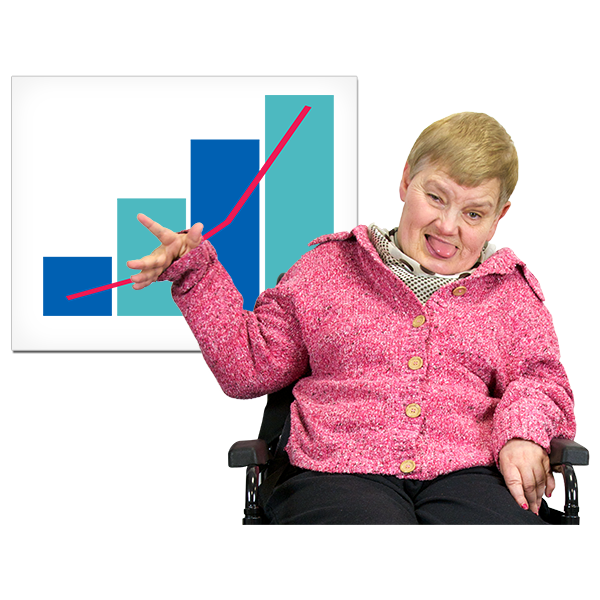
This year’s report shows that people with learning disabilities are dying on average 22 years younger than in the general population.

And that of those who died, 49% died an ‘avoidable’ death. This compared to 22% in the general population.
An avoidable death is where someone could have lived longer if they had got better care and treatment.

These figures will once again leave some people angry or scared.
And for others give them pause for thought and reflection.
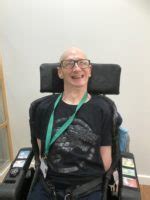
Phil Hughes, self advocate Rep Body member and part of the Stop People with Learning Disabilities Dying Too Young group said:
“I am not happy with the report as it makes it sound positive and it certainly is not. It’s as bad as usual.
Lessons are not being learnt fast enough. Our lives matter.”
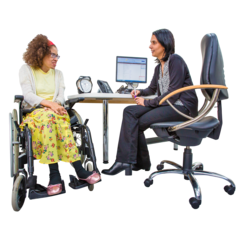
When it was launched, after a public inquiry into the premature and preventable deaths of people with learning disabilities, LeDeR was described as world’s first national programme of its kind with expectation that it would help improve healthcare for people with learning disabilities.

But there has not been the change or progress many people hoped for.
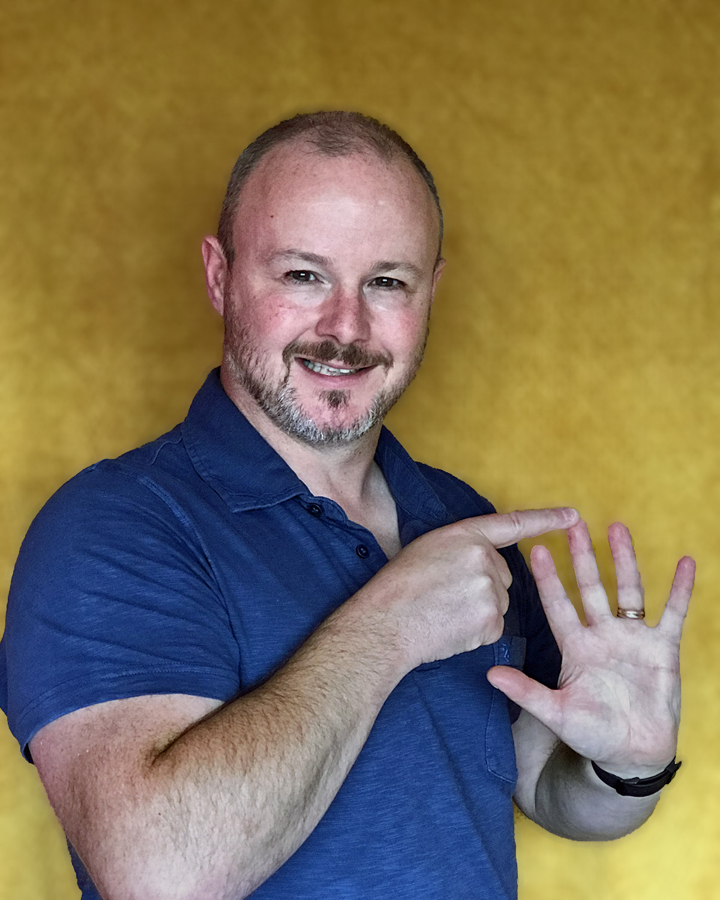
Ivan Olbrechts, family and friends Rep Body member said:
“Despite 6 years of LeDeR reports, the gap in life expectancy between people with a learning disability and the ‘general population’ appears to be worsening.
This year’s statistics make for unhappy reading and compare unfavourably to the findings of the 2013 ‘CIPOLD’ report that led to LeDeR being formed, which showed males with a learning disability died 13 years earlier than the general population and females 20 years.
It is particularly worrying to see that of the 63% of people who had DNACPRs notices in place, reviewers judged that this was clearly followed appropriately in only 40% of cases.
This despite all the specific guidance, awareness raising, campaigning and training that has gone into ensuring the proper recording and appropriate use of DNACPRs since the start of the first COVID lockdown. Even a national scandal and Care Quality Commission investigation hasn’t prevented a worsening trend.
We can’t just keep talking about our ‘shock’ and ‘outrage’. There needs to be real accountability in the system. There needs to be change.”
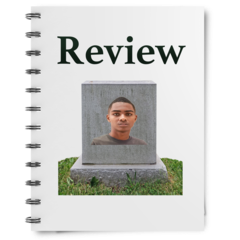
The granular harsh reality behind some of the numbers in the report is sometimes laid out at inquests (shared by people like George Julian) or through Court of Protection hearings that the Open Justice project shares.
Too many examples of families having to fight to get accountability and recognition of how their loved ones were failed.

Phil Hughes continued:
“We need everyone to know about these figures, call for action and work together for change now.”

Working Together for change

We urge everyone who works in or leads services of any kind to look carefully at the LeDeR report in more detail and think what they can do to ‘work together for change.’

But ultimately this is about worth.
About wider inequalities experienced by people with learning disabilities and their families.
Access to good healthcare, education, paid employment, housing, good support.
It is all these factors of how an ordinary good life come together that is at the heart of Good Lives.
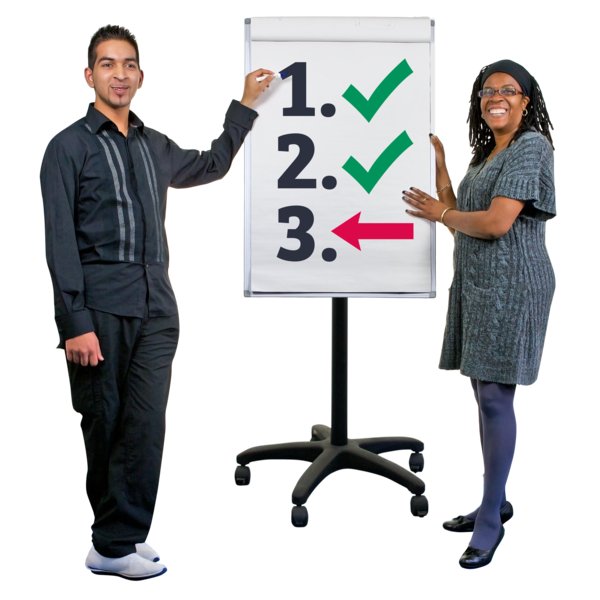
There needs to be proper, open on-going action not short-term interests or words.
And that requires action by every one of us including:
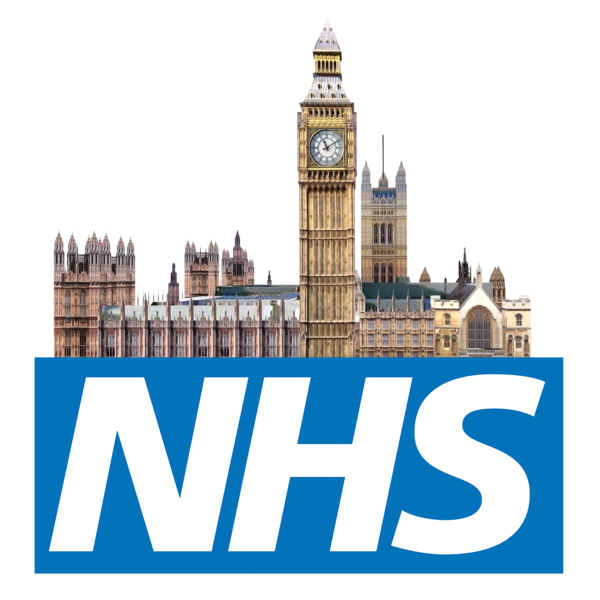
Better ways of holding all NHS organisations to account and make the changes it has known for years are needed.
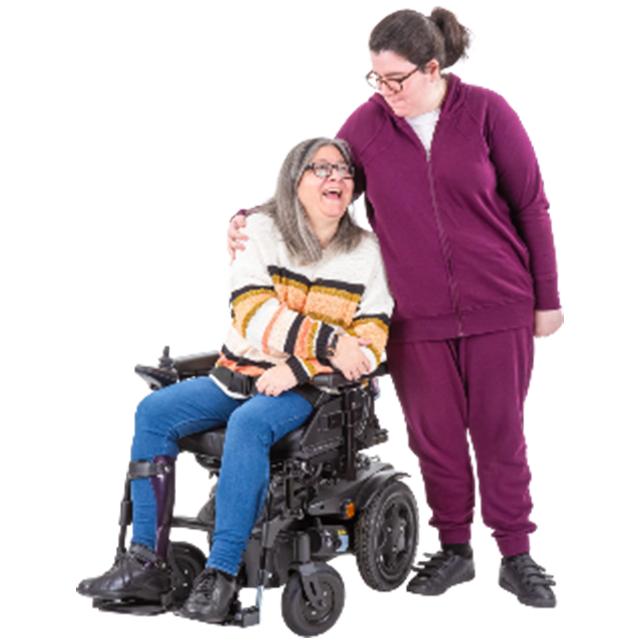
The inclusion of the critical role of people with lived experience.
At every level.
For example, Learning Disability England supported the Stop People Dying Too Young Group in asking the Ministerial Oversight Group on DNACPR to reconsider their decision not to include people with lived experience in the group.
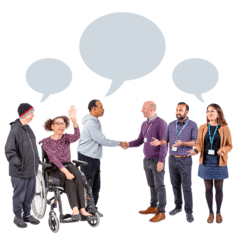
Social care workers and organisations coming together with self advocates and families on an equal basis as drivers for change in people’s lives as well as NHS services.

At the heart is the need to really listen and learn from the people with learning disabilities, autistic people and their families.
To involve self advocates and families in every part of creating change.

To act on the many examples of rights based person centred support.
And believe in the importance of people with learning disabilities, their families and supporters being key agents in the solution.
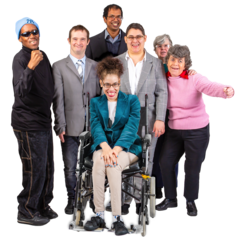
Over the coming months, Learning Disability England members will be coming together to agree next steps on building change together.
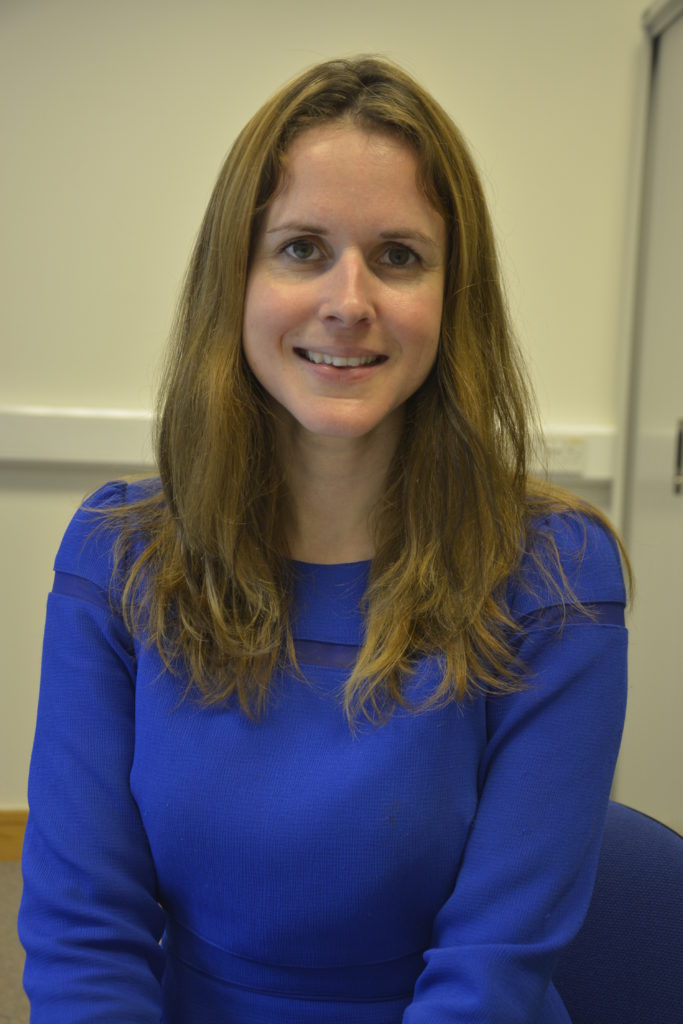
As Lisa Hopkins, CEO at SeeAbility and Learning Disability England Trustee said in her recent article in Learning Disability Today,
“This stuff is important. In fact, at the moment, it’s easy to argue that it’s critical. Together we are stronger.”
